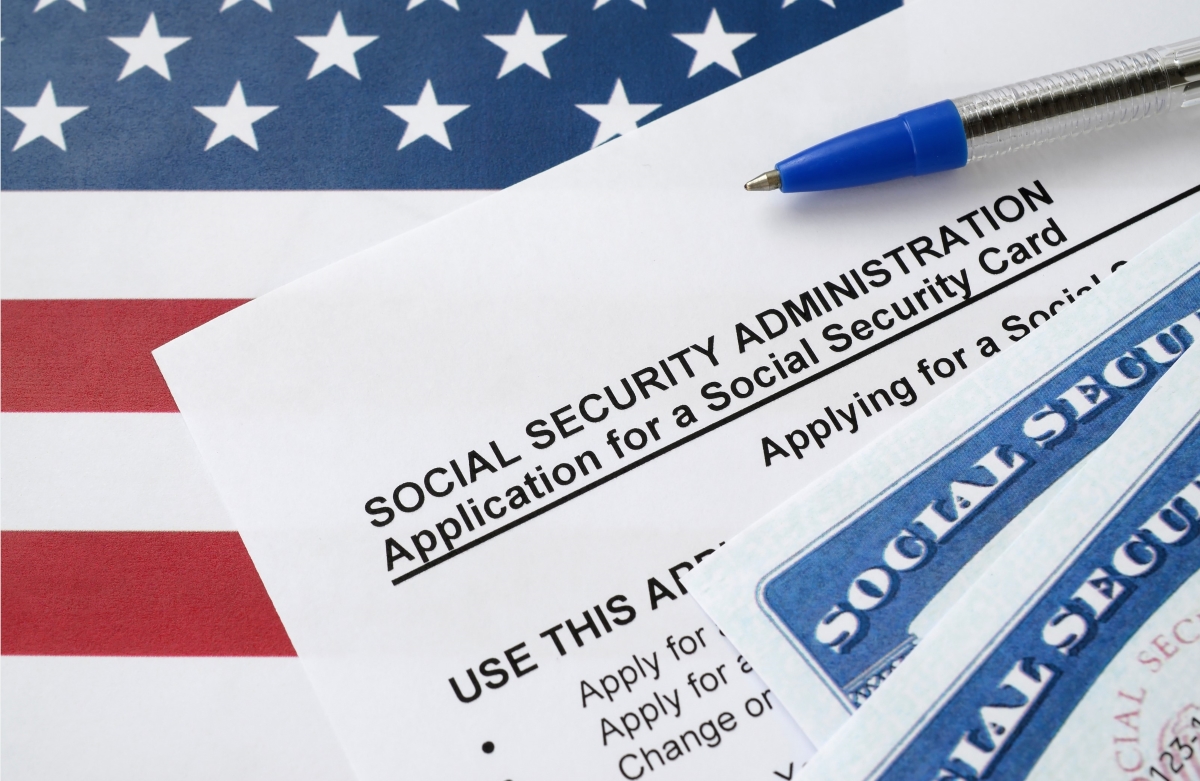
Retirement is a significant milestone that marks a transition from the structured routine of working life to a period of freedom and relaxation. For many, it’s a time to enjoy the fruits of years of hard work, explore new hobbies, and spend quality time with family and friends. However, retirement requires careful planning and consideration to ensure financial stability, health, and well-being. In this comprehensive guide, we’ll explore essential retirement resources and tips that can help you navigate this exciting phase of life with confidence and ease.
Understanding Your Retirement Needs

Understanding your retirement needs and goals is crucial. This involves assessing your financial situation, healthcare requirements, lifestyle expectations, and personal interests.
- Financial Planning
Budgeting: Create a detailed budget that reflects your anticipated income and expenses. This includes retirement savings, Social Security benefits, pensions, and other income sources. Consider how your spending habits might change in retirement and adjust your budget accordingly.
Retirement Accounts: Review your retirement accounts, such as IRAs, and other investments. Ensure that your asset allocation aligns with your retirement goals and risk tolerance. Consult a financial advisor if needed to make informed decisions about your investments.
Emergency Fund: It is advisable to maintain an emergency fund that covers 6-12 months of living expenses. This fund can provide a financial cushion in case of unexpected expenses or emergencies.
- Healthcare Planning
Medicare: Understand the basics of Medicare, including what it covers and when you need to enroll. Medicare has different parts (A, B, C, and D) that offer various coverage options, so familiarize yourself with these to make the best choice.
Supplemental Insurance: Consider additional health insurance options such as Medigap policies or Medicare Advantage plans to cover any gaps in Medicare coverage. These plans can help with copayments, deductibles, and additional services.
Long-Term Care: Explore long-term care insurance options to protect against the costs associated with assisted living or nursing home care. It’s essential to plan for potential healthcare needs as you age.
Essential Retirement Resources

- Government Resources
Social Security Administration (SSA): The SSA website is a valuable resource for understanding your Social Security benefits, checking your statement, and estimating future benefits. You can also find information about how to apply for benefits and when to start taking them.
Medicare.gov: This official Medicare website provides comprehensive information on Medicare coverage, enrollment options, and plan comparisons. It’s a one-stop shop for all things related to Medicare.
- Financial Tools and Calculators
Retirement Calculators: Use online retirement calculators to estimate how much you need to save and your future retirement income. These tools can help gauge whether you’re on track to meet your retirement goals.
Investment Calculators: Tools like compound interest calculators can help you understand how your investments will grow over time, assisting in planning your retirement savings strategy.
- Retirement Planning Websites
AARP: The American Association of Retired Persons (AARP) offers a wealth of resources on retirement planning, including articles, tools, and expert advice on financial planning, health, and lifestyle.
National Institute on Retirement Security (NIRS): NIRS provides research and information on retirement security issues, including policy updates and data on retirement savings.
Tips for a Smooth Transition into Retirement

- Start Early
Early Planning: Begin planning for retirement as early as possible. The more time you have to save and invest, the better prepared you will be. Even small, consistent contributions to your retirement savings can make a significant difference over time.
- Downsize If Necessary
Housing: Consider whether your current home will suit your retirement needs. Downsizing to a smaller home or relocating to a retirement community can reduce expenses and simplify your lifestyle.
- Stay Active and Engaged
Social Activities: Retirement is an opportunity to engage in activities and hobbies you may have had little time for. Join clubs, volunteer, or explore new hobbies to stay active and socially connected.
Physical Health: Regular exercise and a healthy diet are crucial for maintaining physical health in retirement. Incorporate activities you enjoy to your daily routine to stay fit and energized.
- Mental and Emotional Well-being
Mental Health: The transition to retirement can sometimes lead to feelings of loss or uncertainty. It’s essential to maintain mental health by staying socially engaged and seeking support if needed. Counseling or support groups can be helpful during this transition.
Purposeful Living: Find new purposes or passions that give you a sense of fulfillment. Whether it’s starting a new project, traveling, or spending time with family, having a sense of purpose can enhance your quality of life.
- Legal and Estate Planning
Wills and Trusts: Ensure that your estate planning documents, such as wills and trusts, are up-to-date. This will help manage your assets according to your wishes and provide for your loved ones after you’re gone.
Power of Attorney: Designate a power of attorney to make financial or medical decisions on your behalf if you cannot do so yourself. This legal document is essential for ensuring your affairs are handled according to your preferences.
Resources for Continued Learning and Support

- Retirement Communities and Organizations
Local Senior Centers: Many communities offer senior centers with activities, educational programs, and social opportunities. These centers can be a great way to stay engaged and informed.
Senior Advocacy Groups: Organizations like the National Council on Aging (NCOA) offer resources and support for seniors, including information on benefits, health, and wellness.
- Online Forums and Support Groups
Online Communities: Engage with online forums and social media groups dedicated to retirement topics. These platforms can provide support, share experiences, and offer practical advice from peers also going through retirement.
- Financial Advisors
Professional Help: Consult with a certified financial planner or retirement advisor to get personalized advice and strategies tailored to your financial situation and retirement goals.
Conclusion

Planning for retirement involves more than just saving money; it encompasses preparing for changes in lifestyle, health, and financial stability. By utilizing the right resources and following these essential tips, you can ensure a smooth and fulfilling transition into retirement. Remember, retirement is a time to enjoy the rewards of your hard work and embrace new opportunities. With thoughtful planning and the right support, you can make the most of this exciting new chapter.





